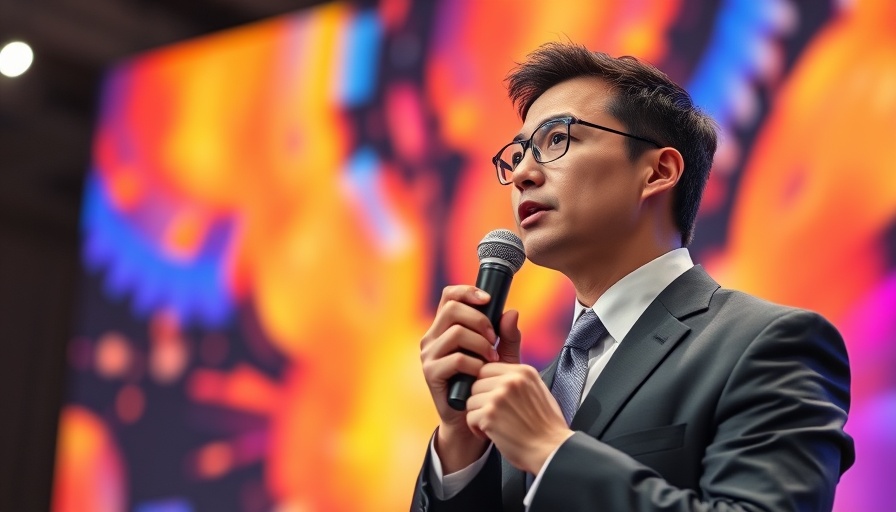
The Controversy Over OpenAI's For-Profit Transition
In a significant legal development, a cohort of former OpenAI employees has filed an amicus brief opposing the company’s transition from nonprofit to for-profit status. This move supports Elon Musk’s ongoing lawsuit against OpenAI, asserting that such a change could fundamentally undermine its original mission of ensuring artificial general intelligence (AGI) benefits humanity.
Understanding the Roots of OpenAI
Founded in 2015 as a nonprofit, OpenAI aimed to advance digital intelligence in a way that is safe and beneficial. It pushed boundaries in AI technology while promising to share its findings openly with the world. However, in 2019, OpenAI shifted to a “capped-profit” model to attract more funding while retaining its nonprofit wing to oversee business operations and maintain control over its mission.
This restructuring sparked debates among experts and stakeholders about the implications for AI ethics and accountability.
Former Staff Rally Against OpenAI's Business Shift
The newly filed brief, led by Harvard law professor Lawrence Lessig, includes input from 12 former employees, notably vocal critics of OpenAI’s recent practices. These individuals argue that ceding control to for-profit entities would violate the charter agreements that hold OpenAI accountable to its foundational principles.
Among them, Gretchen Krueger and Daniel Kokotajlo have previously highlighted concerns regarding the lack of transparency and perceived reckless competition in the AI landscape. Their urgent plea emphasizes a pressing matter: that OpenAI must adhere to the ethical guidelines established when its non-profit framework was introduced.
Legal Insights: What the Brief Means for OpenAI
The brief contends that OpenAI’s current structure—where a nonprofit governs for-profit subsidiaries—is crucial to preserving its mission, which prioritizes humanity over financial gain. The brief asserts that reducing the nonprofit governance would betray the trust of those who supported and collaborated with the organization based on its nonprofit commitments.
While a federal judge has denied Musk's request for an immediate injunction against OpenAI's restructuring, the case is set for a jury trial, further underscoring the legal complexities surrounding the matter.
The Broader Implications of AGI and Corporate Influence
The debate over OpenAI’s transformation highlights larger conversations about the governance of AGI. The transition to a for-profit model raises concerns about prioritizing shareholder interests at the expense of ethical considerations and global well-being. If purely profit-driven priorities dominate the agenda, many fear it could accelerate the misuse of AI technologies, diverging from OpenAI's original vision to prevent harm.
Comparisons with Other Tech Entities
This predicament echoes challenges faced by other tech companies transitioning from nonprofit aspirations to profit-driven corporate structures. For example, similar debates emerged for Facebook when it shifted its focus towards monetization in the face of ethical scrutiny. In a world rife with technological capabilities that can be easily manipulated, stakeholders must find ways to ensure accountability, which may require new governance frameworks embracing public interest.
Future Considerations: Where Do We Go From Here?
As the upcoming juried trial approaches, the reaction from the tech community and general public remains keenly focused on how ethical conduct can coexist with profit-driven models. The legal battles surrounding OpenAI will define the path for its future while setting crucial standards for other organizations operating in AI.
The Community's Reaction
Emotions run high among tech advocates as they rally around the core principles initially established by OpenAI. Many see a potential loss of trust if the organization deviates from its foundational promises. The situation serves as a reminder of the essential discussions around technology regulation and the responsibilities of AI developers.
Ensuring that technological advancement benefits all of humanity remains a pressing challenge. As this case unfolds, industry observers are left to ponder what the outcome might mean for the future of AI governance and the ethical frameworks necessary in an industry known for rapid evolution.
 Add Row
Add Row  Add
Add 



Write A Comment